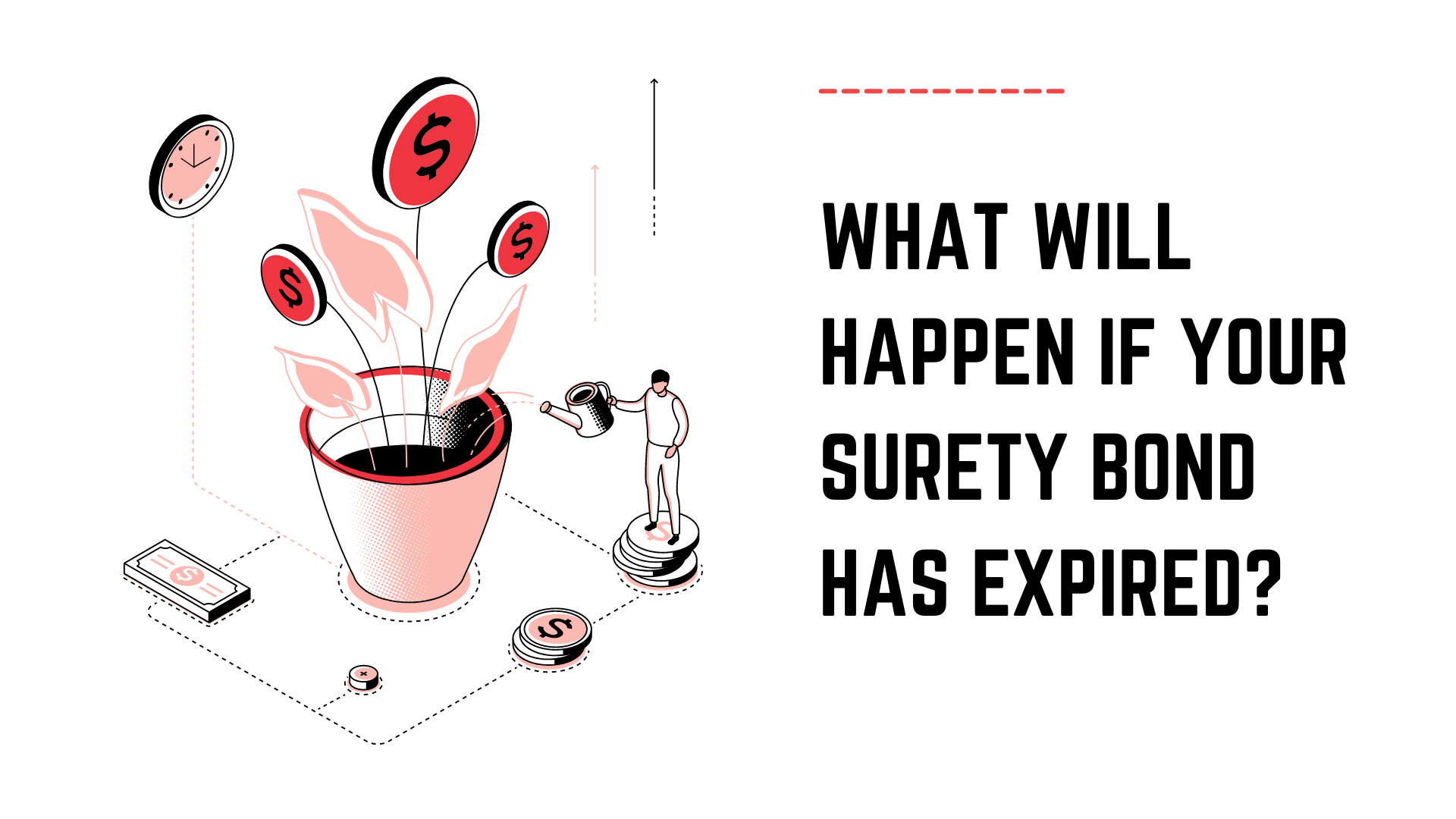Why do veterans request a surety bond?
A surety bond is a financial guarantee that a veteran can provide to a lender in order to secure a loan. The bond guarantees that the veteran will repay the loan, plus interest, in accordance with the terms of the agreement.
One reason veterans may request a surety bond is to improve their credit score. A high credit score can make it easier to obtain financing for a home or car, and can also help reduce the cost of borrowing money.
Veterans may also request a surety bond in order to reduce the risk of losing their property if they fall behind on their payments. By securing the loan with a bond, veterans can rest assured that they will not lose their home or car if they are unable to make their payments.
Finally, a surety bond can help veterans build their credit history. Strong credit history can make it easier for veterans to obtain future loans and may also lead to lower interest rates.
What is a VA surety bond?
A VA surety bond is a type of insurance that provides financial protection to the party who hires the contractor. The bond guarantees that the contractor will complete the project as agreed and will pay any damages that may occur as a result of their work. This type of bond is common in the construction industry but can be used in other fields as well.
If you’re thinking about hiring a contractor for a project, it’s important to know if they are bonded. This will give you peace of mind knowing that your investment is protected. If you have any questions about bonding or want to learn more about specific bonds, contact your local VA office.
How do I get a surety bond that is required by the Veterans Affairs (VA) Administration?
The Veterans Affairs (VA) Administration requires a surety bond for certain types of contracts. A surety bond is an agreement between three parties: the obligee, the principal, and the surety. The obligee is the party who requires the bond, the principal is the party who is required to provide the bond, and the surety is the party who guarantees that the principal will meet their obligations.
If you are looking to get a surety bond for a VA contract, there are a few things you need to know. First, you need to find a qualified surety company. There are many companies that offer surety bonds, but not all of them are qualified to issue bonds for VA contracts. You can find a list of qualified surety companies on the VA website.
How much does a VA surety bond cost?
A surety bond is a type of insurance that protects the public from losses caused by defective work or financial problems of businesses and professionals. The state of Virginia requires all contractors to obtain a surety bond before they can be licensed to work in the state. The cost of a surety bond depends on the size and scope of the project, as well as the contractor’s credit history. However, most bonds range from $500 to $5,000.
If you are a contractor looking to obtain a surety bond, contact a bonding company today. They will be able to help you determine the cost of the bond and the best way to get bonded.
Can I get a VA bond with bad credit?
Unfortunately, if you have bad credit, you may not be eligible for a VA bond. The VA requires that borrowers have a minimum credit score of 620 in order to qualify for a loan, so if your credit score is below that, you’ll need to work on improving it before you can apply for a loan.
There are a few things you can do to improve your credit score, such as paying your bills on time, maintaining a good credit history, and keeping your debt-to-income ratio low. You can also talk to a credit counseling service about ways to improve your credit score. Once you’ve improved your credit score, you should be able to get a VA bond and start building equity in your home.
It depends on a variety of factors, including the amount of bad credit you have and the type of VA bond you are trying to get. However, in most cases, you will be able to get a VA bond with bad credit, though it may be more difficult and expensive than if your credit were in better shape. Talk to a bond broker to find out more about your specific situation.



